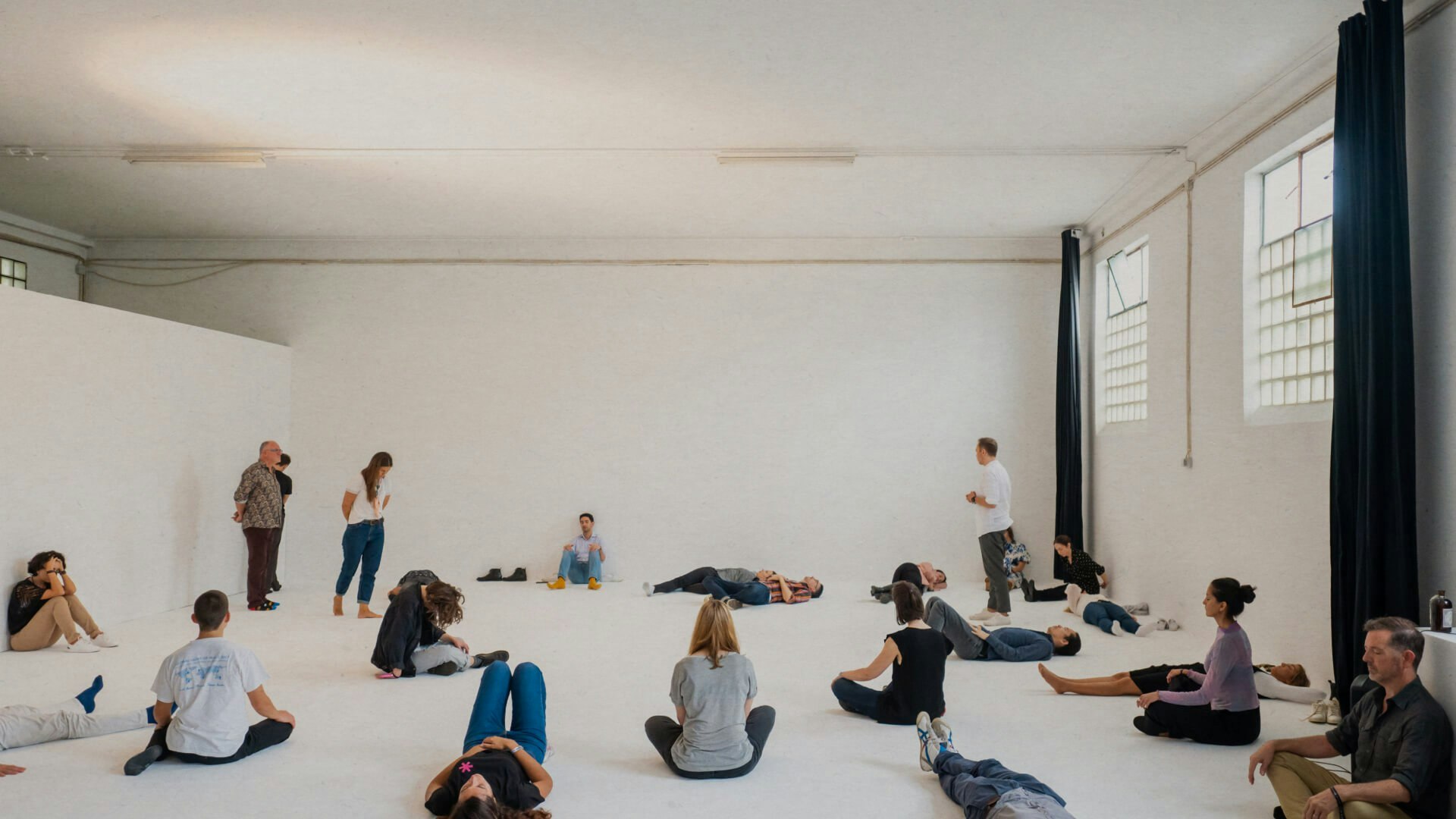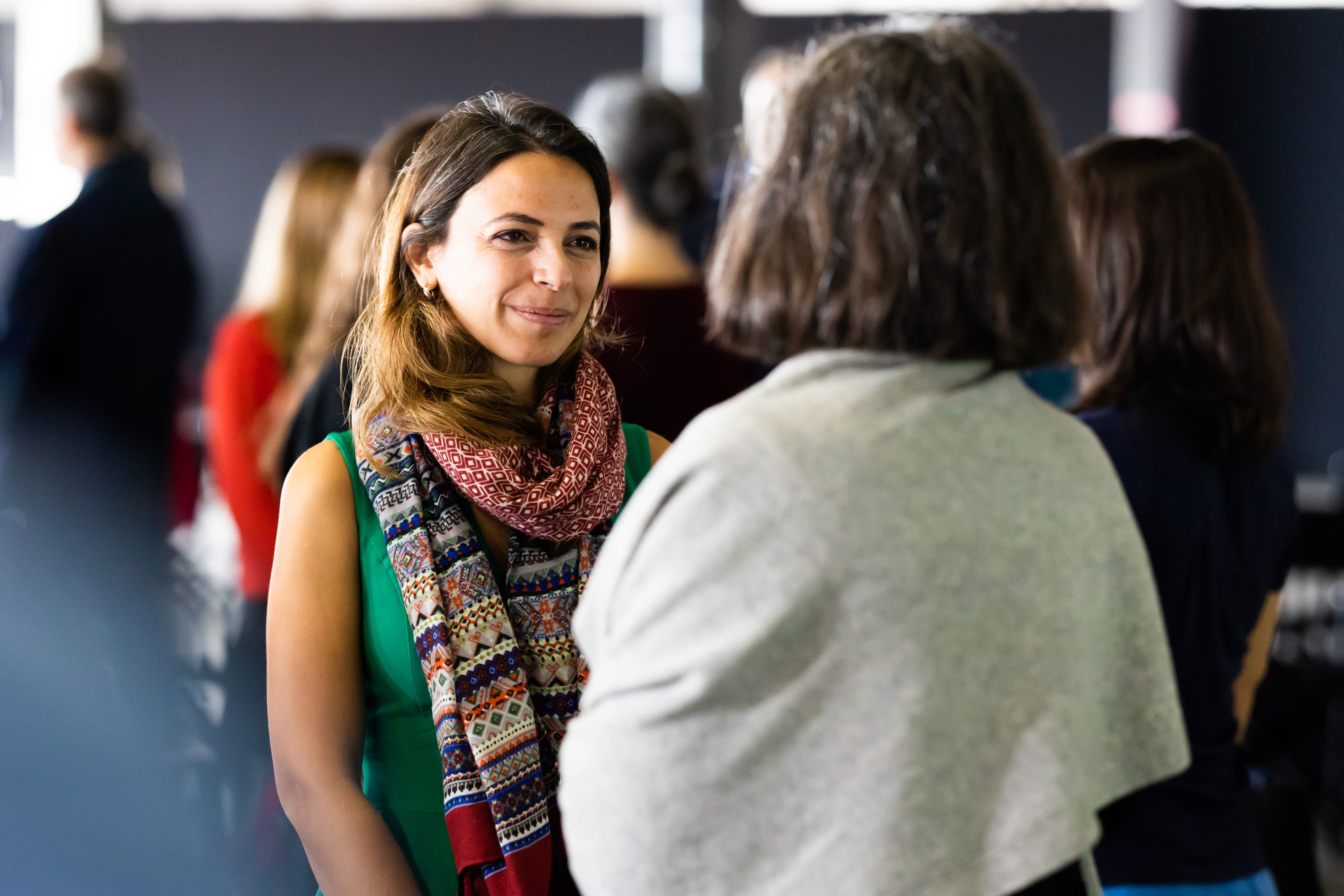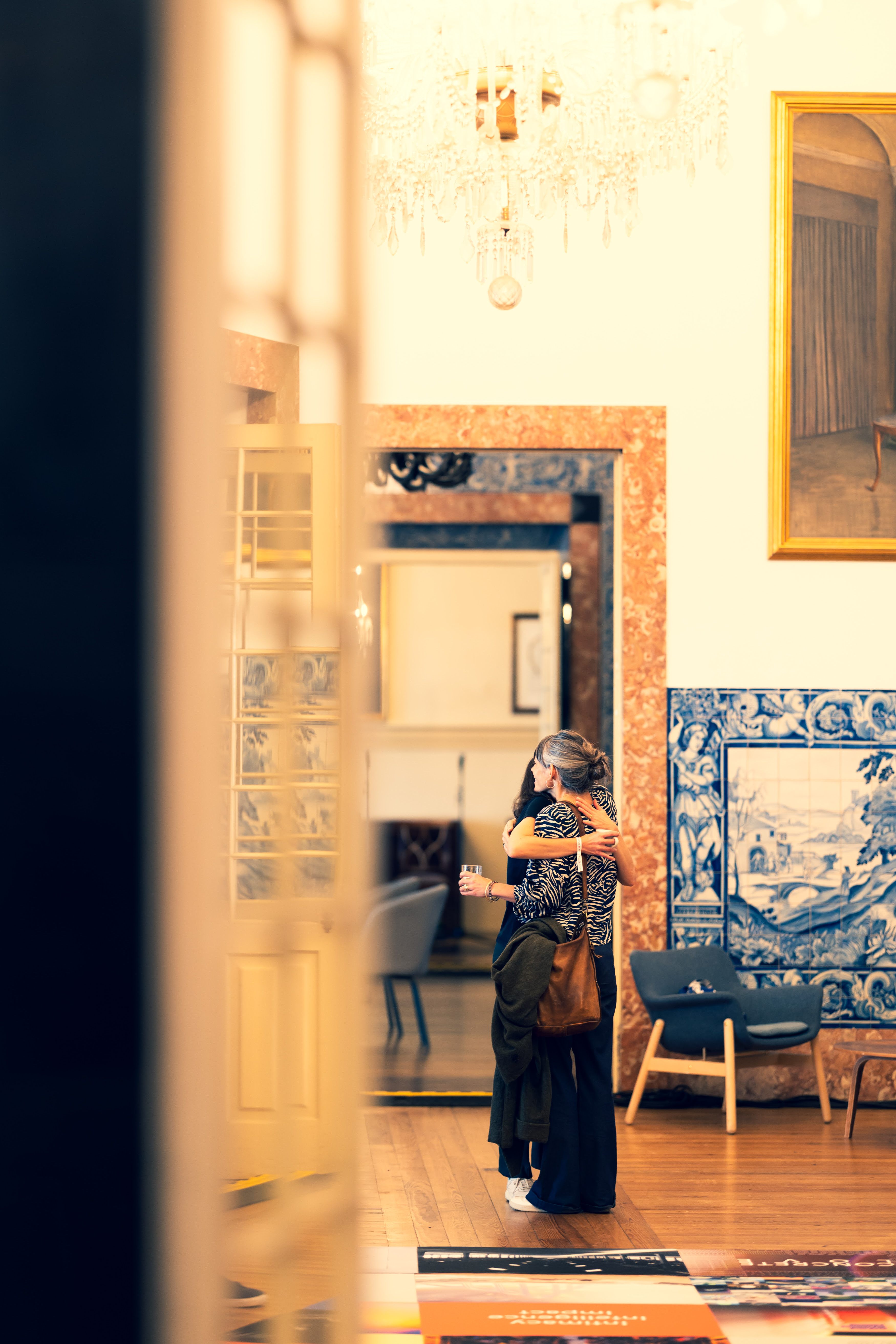The Relationship Issue

Urgh. I know—it’s been a lot, and when reading the news, you can’t help but sigh (again), with the occasional amusing surprise. After running high on euphoria post-Concrete Love, our four-week festival, I’ve been on a comedown ever since, made worse by the shorter days here in Berlin and the bad headlines everywhere. So all the more reason, then, to get back to basics and shine light on what keeps us going: the people in our lives and the relationships we nurture.
A recent study exploring the impact of pandemic measures on mental health, published in Nature, examined eight million calls or texts to 23 helplines in 13 EU countries, the U.S., China, Hong Kong, Israel, and Lebanon, from 2019 to early 2021. While the results are anonymized and are to be contextualized within the overall messiness of life, the link between lockdowns and other social restrictions and more calls to helplines with reports of loneliness, fear, and suicidal thinking, are irrefutable. Cindy Liu, director of Developmental Risk and Cultural Resilience Laboratory at Brigham and Women’s Hospital, shared with Axios:
“Loneliness itself is probably an ongoing concern. It may have been present before the pandemic and got worse during the pandemic—and actually still may be an issue, but not necessarily presented as loneliness. It can still be very much a relationship issue. So, I think there’s more room for growth in how to actually categorize the content of these calls.”
From personal to professional life, and larger systems, the cracks that opened are palpable. While 2020 was referred to as “the year of breakups,” 2021 promises to be no less, and the quit rate, the share of workers in the U.S. voluntarily leaving their jobs, hit a new record of 3% in September 2021, according to the latest data available from the Bureau of Labor and Statistics.
Some say the total solar eclipse this past weekend promises to usher in a new chapter, which inevitably includes endings as well as the emergence and deepening of other relationships. (If you’re an unironic sucker for astrology, check this too.)
So let’s begin, right here. How can we form, grow, and nurture relationships better? Better relationships with those we love, those we consider “the other”—whether human or machine—and with an eye toward the larger building blocks of our societies and economies?
We explored these questions these past months in conversation with Residents of the House of Beautiful Business, resulting in a three-episode podcast, published in collaboration with our partners at Salesforce.
We wanted to literally hear them—their voices, their hesitation when answering a tricky question, and their confidence when speaking from a place of deeply held conviction. Amid the “Zoom gloom,” and our tired faces, hearing someone's voice is a tingling sensation that often reveals a more truthful and intimate character of what's (not) being said, and what wants to be heard.
So through a series of asynchronous voice messages exchanged with authors, AI ethicists, social designers, entrepreneurs, relationship facilitators, and others, we asked them about the power of honest, deep conversations, what role interpersonal relationships play in social change, and how machines might affect our relationships in the future. And while out walking their dog, or driving home after a weekend away, they answered.
Have a listen!
—Monika Jiang
Episode One: The Transformative Power of Meaningful Conversations
Is technology making our conversations shallower? Are we being honest enough? How can we have more memorable conversations? We hear from Esther Blázquez Blanco, founder of Deep Business Connection; Fred Dust, author of Making Conversation; novelist Aditi Khorana; and Lindsey Wehking, head of investigative strategy at Nonfiction Research, in this episode narrated by House editorial director Megan Hustad.
Listen on Apple Podcasts or Spotify
“There’s something extremely beautiful in looking at someone the way that in my sessions we get to look at someone. And that is—and this is important—not wanting to change one iota, not one millimeter, of the person in front of you, in front of us. During life, much of the difficulty and beauty is precisely because it is something that seems impossible. Imagine this idea of having people in front of you and not willing to change anything about that person. This is possible, and it is possible when you do something that is just looking at each other. And, I repeat, just looking at each other.”
—Esther Blázquez Blanco
“I think expression is an art. If you’re talking to someone and you’re not somehow moved or entertained, or are discovering something new about yourself for the world, that’s a really lifeless exchange. We should be able to return to conversations in the archives of our memory and turn them over and look at them again, as we assemble and reassemble our worldview. Conversation and expression in particular are really life-giving. And I think conversation should uncover layers of who we are again and again.”
—Aditi Khorana

Episode Two: Quantum Social Change Through Small Actions
Can individuals affect systemic change? How can we include more voices as we move toward a better world? We hear from Alex Evans, founder and executive director at Larger Us; Heather Fleming, co-founder at Change Labs; author and professor of Human Geography at the University of Oslo, Karen O’Brien; Emilia Roig, co-founder of the Center for Intersectional Justice, plus social designers Marjon van Gelderen and Arnoud Grootenboer who co-authored From the Dutch Police with Love, in this episode narrated by Madeline Davis, who does content development for Salesforce Design.
Listen on Apple Podcasts or Spotify
“Dominant groups don’t have to be here everywhere. If you have a panel on Disability Justice, well, maybe we don’t need to have non-disabled people there. If it’s a panel on abortion rights, or on reproductive justice, well, I don’t think cisgendered men need to be there. That’s also about giving space and allowing that dominant groups don’t have to decide on everything. They don’t need to be heard on everything. It doesn’t mean, and that’s the nuance—it doesn’t mean that they’re not allowed to speak about a matter—of course they are—but they don’t need to be under the spotlight. They don’t need to be given so much weight in these conversations.”
—Emilia Roig
“The recognition that everyone matters really implies a responsibility to treat everyone as if they matter. In other words, when our decisions and actions are aligned with values that apply equally to everyone, whether it’s equity, dignity, justice, or compassion, we acknowledge that we are in relation and we can connect to this coherent I/we space. And from this space, the existing norms, rules, regulations, or even institutions that are currently marginalizing people or taking away their voice really start to feel incoherent. And we start to recognize that there are alternatives and different ways of organizing society. And that means that we can strategically design systems in a more inclusive and coherent way.”
—Karen O’Brien
Episode Three: Can Machines Make Relationships Scale?
How might people form meaningful connections in the future? What role will machines play? We hear from Helen and Dave Edwards, founders of Sonder Scheme; transhumanist Zoltan Istvan; AI ethicist Mathana, Twain Liu, inventor of Senseus; and Marc Mathieu, senior vice president, strategic customer transformation and innovation at Salesforce, in this episode narrated by Monika Jiang, head of curation and community at the House.
Listen on Apple Podcasts or Spotify
“We can see this even, you know, something as simple as when we tried to call the bank and we, you know, keep answering, yes. And the AI assistant doesn’t fully empathize or recognize the frustrations in our voice and it keeps us on hold. So it’s not the case that we have the technologies at the moment to alleviate loneliness in the way that we would hope. I’m part of a number of community groups that include the conversational designers for voice apps, and a lot of our conversations are essentially about how rigid the existing toolkits are, how they are lacking in symbolic, synthetic, semiotics structures and fluidity essentially.”
—Twain Liu
“There’s always going to be a problem when the people who are developing and programming AI put in their own values… whoever programs a certain AI is going to program it in a way that serves their best interests. Of course, those interests may not serve yours, they may not serve mine, they may only serve the actual program, or the companies whom the programmers hired to produce this programming. So this is going to be a very central issue, and probably just going to exacerbate the entire problem of conflict that we already have on planet Earth. Because not only will AI be so smart, smarter than human beings, but it will be even probably more judicious or more subjective in its opinion and its values, because that's how it was programmed.”
—Zoltan Istvan

15 Questions
Alone or lonely?
Stay or break-up?
For now or forever?
Is there someone you still love (secretly)?
Is there someone you regret having called one more time?
Is there someone you cut ties with professionally because of personal differences?
And the other way around?
How would you describe your relationship with your work?
And with nature?
What changed this year?
Who do you go to for a hurt-but-true opinion on yourself?
When do strangers become friends and when do friends become estranged?
Do you think a machine can love you, and can you love them back?
Who last changed your mind about something?
What's one thing you can start or stop doing to nurture existing relationships?
